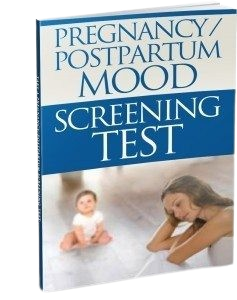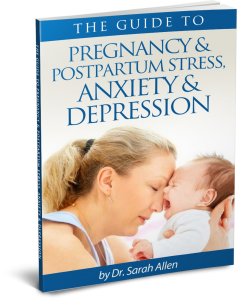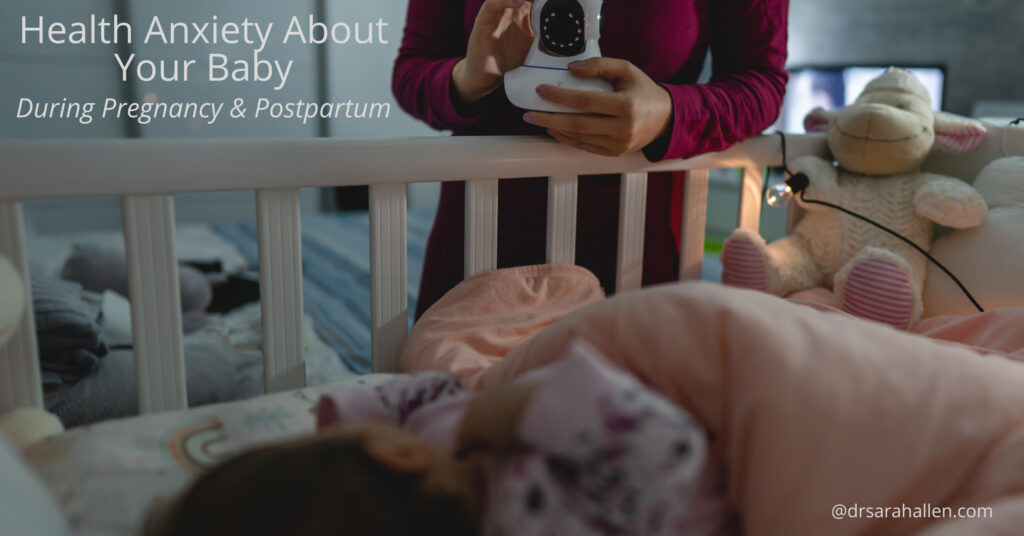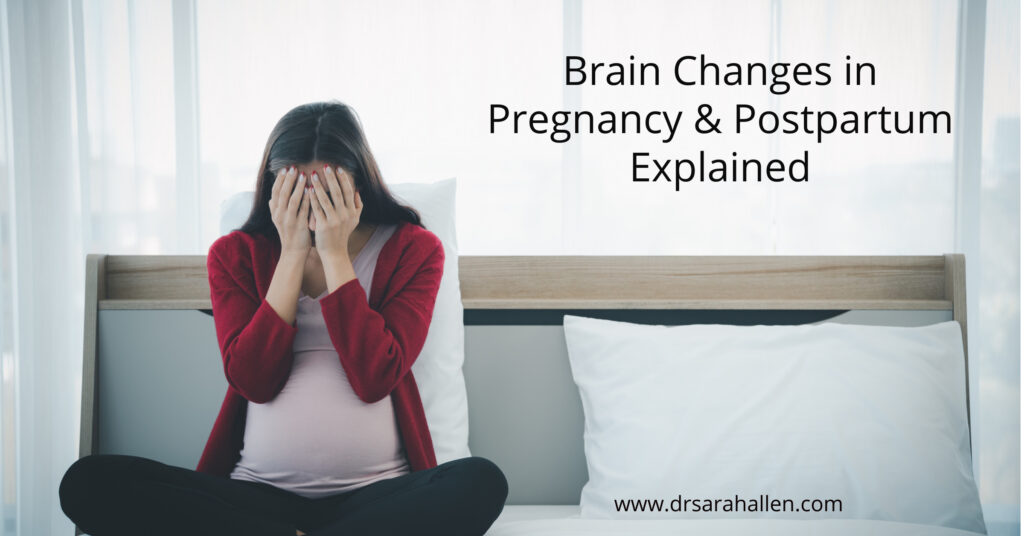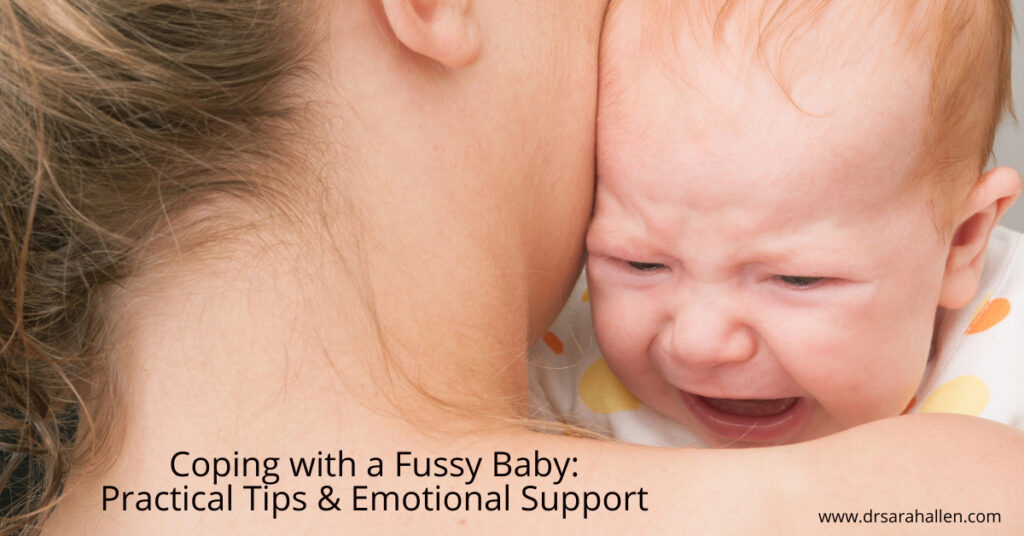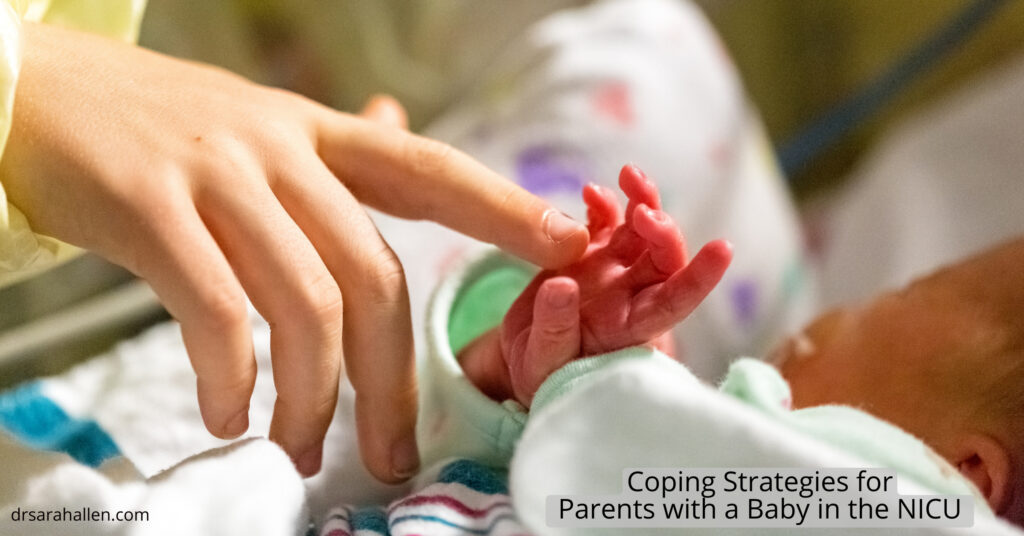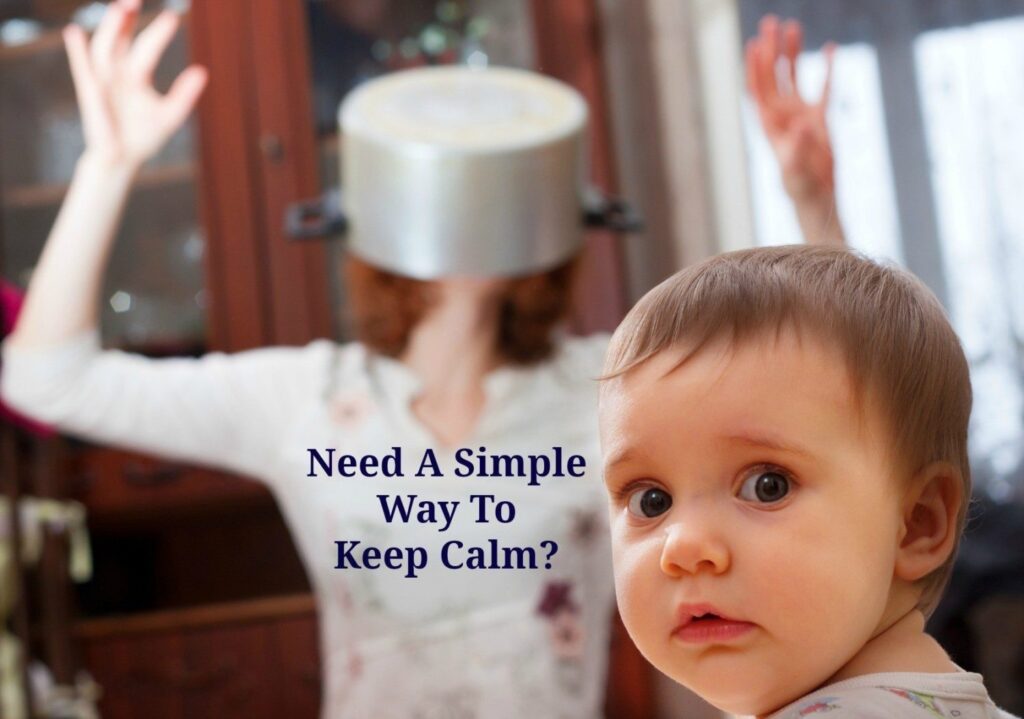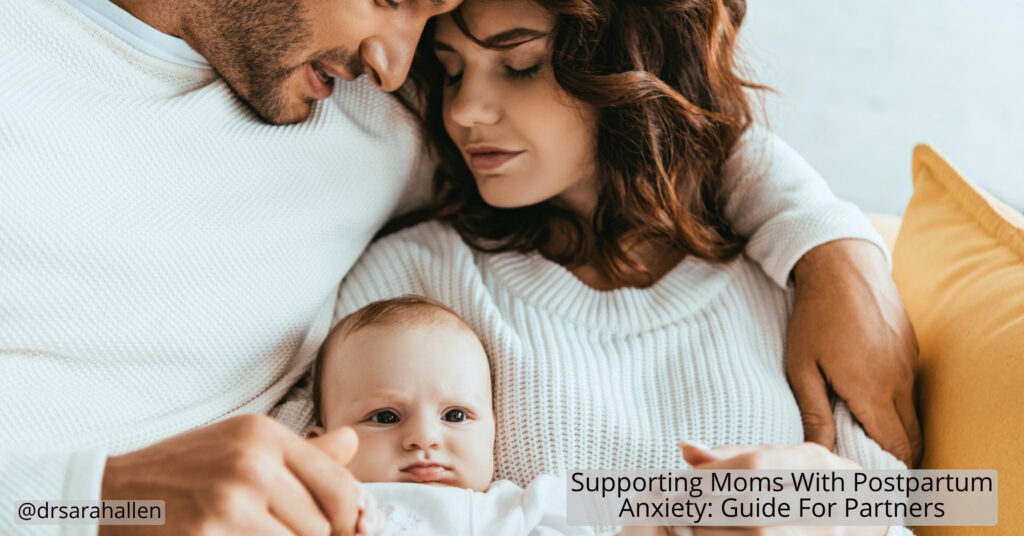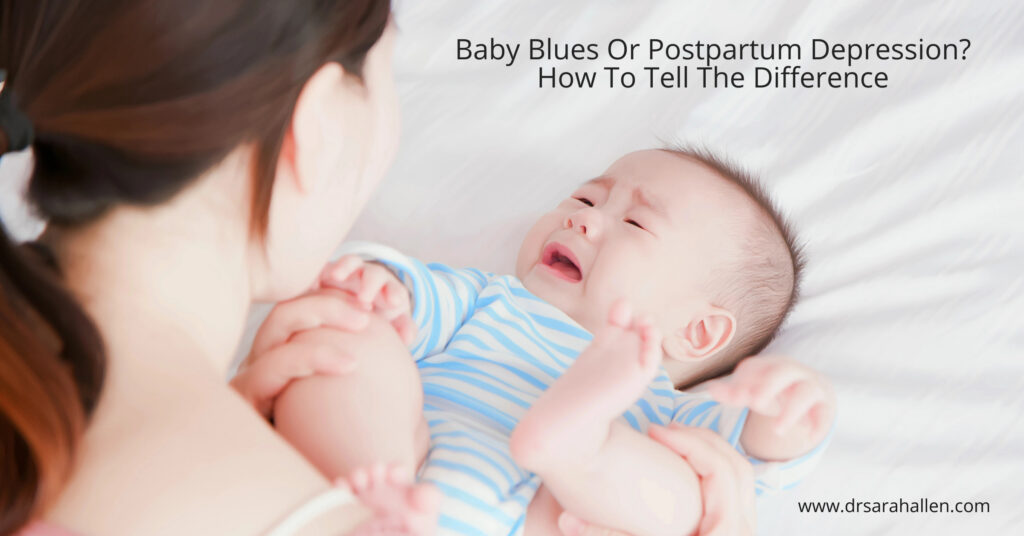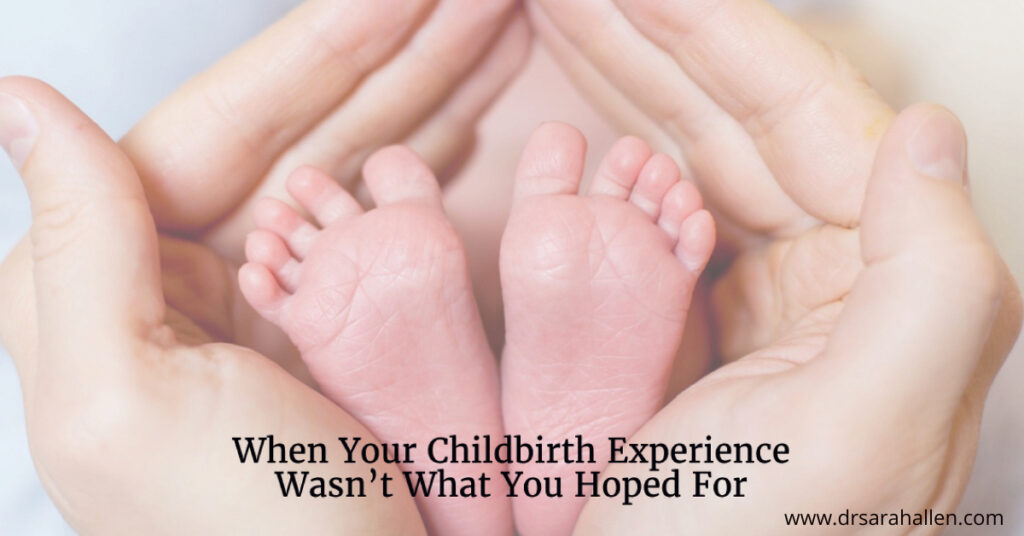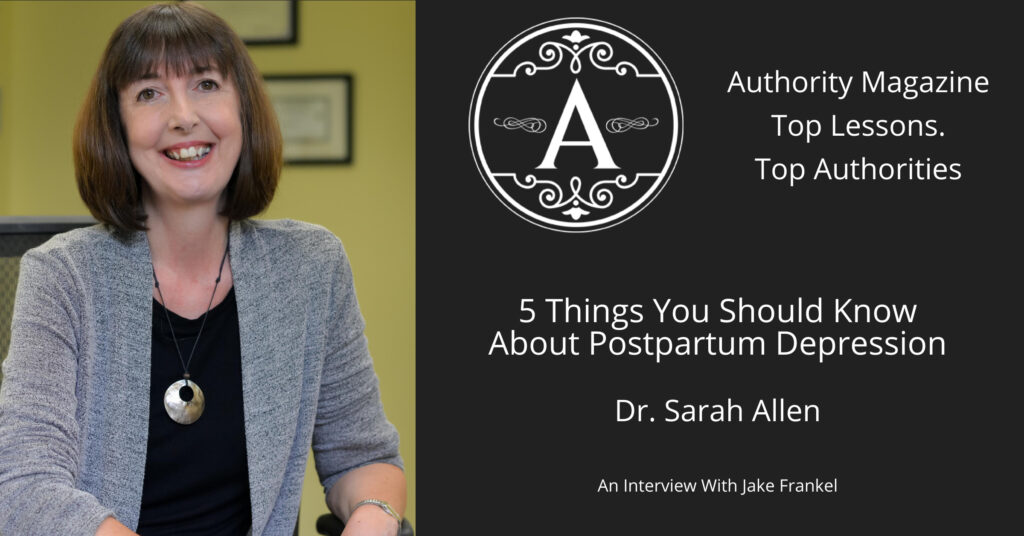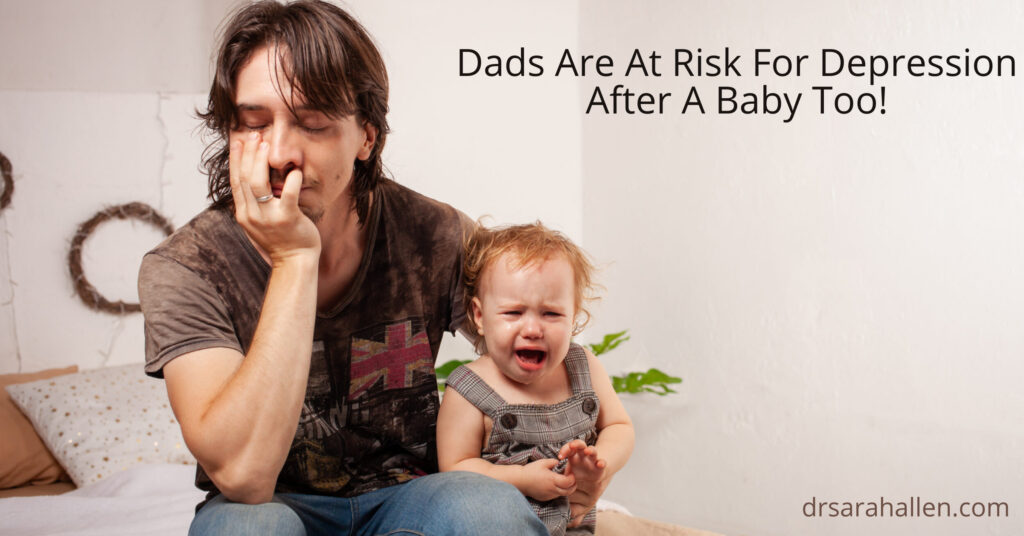
Does your baby’s cry stir up feelings of anxiety and panic within you? You are not alone! Having a baby changes the structure of the brain so that regions that control empathy and anxiety have increased activity and that, along with hormonal changes, can make new moms react to a baby’s cry with intense feelings of protectiveness and worry.
When our babies cry, it’s their way of communicating needs or discomfort. However, for many parents, the sound of their baby crying isn’t just a call to action; it can also trigger anxiety. This could be because we might worry greatly about our baby’s well-being or feel overwhelmed by our responsibility to soothe their distress. Sometimes, it’s not just the worry but the high-pitched sound of crying itself can cause a significant stress response.
If you have had a traumatic childbirth your anxiety levels are already high so when the baby cries the anxiety is amplified even higher. Women often feel more protective towards the baby after a trauma because they were primed by the belief that something bad was going to happen to the baby or themselves
Read When Your Childbirth Experience Wasn’t What You Hoped For
Why do these feelings arise and how do we learn how to handle them? This isn’t just important for our own mental health; it can also affect our ability to calm and care for our babies. In this article I am going to discuss not only the reasons why you might feel anxious when your baby cries but also outline some practical steps you can take immediately when anxiety hits. Furthermore, we will explore long-term strategies that can help you manage this anxiety, making parenthood a little easier on your nerves.
Understanding Why a Baby’s Cry Might Make You Feel Anxious
When we hear our baby cry, it’s natural to feel a rush of stress or anxiety. This reaction can be strong because, as parents, we are biologically programmed to respond to our baby’s cries. It signals us that we need to attend to our child’s needs, whether hungry, tired, uncomfortable or need closeness.
However, sometimes, this instinctual response can become overwhelming, especially if the crying is frequent or difficult to soothe. For new parents, the constant concern about doing the right thing can also amplify this anxiety. We might worry about our ability to care for our baby properly or feel helpless when we can’t immediately comfort them. Additionally, the high-pitched sound of a baby’s cry can physically trigger a stress response, making us feel uneasy or on edge.
This anxiety is not just emotionally taxing but can also make us second-guess our parenting skills, which adds another layer of stress. It’s important for us to recognize this as a normal experience and realize that this doesn’t make us bad parents, but rather, responsive and caring ones.
Steps to Take When You Feel Anxious from Your Baby’s Cry
If you find yourself feeling anxious when your baby cries, there are immediate steps you can take to help manage your reactions. First, acknowledge what you are feeling without judgment. Understanding that it’s okay to feel this way can help reduce some of the immediate stress.
Next, try these techniques:
- Take Deep Breaths: Before you approach your baby, take a few deep breaths. This can help slow down your heart rate and reduce the feeling of panic.
- Use Calming Self-Talk: Remind yourself that you are doing your best. Reassure yourself that crying is normal for babies and that it does not reflect on your abilities as a parent.
- Check Basic Needs: Go through a mental checklist of possible reasons for your baby’s crying—hunger, diaper, sleepiness, need for attention—and address them one by one.
- Step Away If Needed: If the crying continues and you feel your anxiety rising, it’s okay to place your baby in a safe place like a crib and step away for a few minutes to compose yourself.
- Seek Support: Call a friend, your partner, or a family member who can give you a moment of relief or assistance. Sometimes, just talking about what you’re feeling can lighten the burden.
Using these steps can help you manage your immediate feelings of anxiety, making it easier for you to comfort your baby effectively. It’s essential to remember that seeking help and using coping strategies isn’t a sign of weakness but a practical approach to dealing with your emotions. Taking care of yourself is just as important as caring for your baby.
Tips for Managing Anxiety in the Moment
When the sound of your baby crying starts to make you feel anxious, there are immediate actions you can take to help keep your emotions in check. First, focus on your breathing. Slow, deep breaths can help reduce the physiological responses of anxiety. This method not only calms your nervous system but also helps you maintain a clearer state of mind, which is crucial when you need to attend to your baby efficiently.
Read Take a Deep Breath: How Deep Breathing Helps Combat Anxiety
Once your brain has stopped racing and that panicky feeling subsides, you can assess what is actually happening with the baby. Crying is the main way our baby communicates with us but it doesn’t always mean there is something terrible happening. He may just be uncomfortable or bored.
Become aware of what you are thinking. Are you catastrophizing the situation i.e. thinking things are a crisis and disregarding the less obvious causes? Are you underestimating your ability to handle the situation? If this is the case, bring awareness to all the times you have successfully calmed your baby.
It’s helpful to have a quick, comforting mantra to tell yourself, such as, “It’s okay; both of us will get through this.” Positive self-talk can be very reassuring and may provide the emotional strength necessary to face the situation calmly. Additionally, playing soft music or some ambient sounds can diminish the piercing quality of a baby’s cry, which can make it less stressful to handle.
Another effective technique is maintaining a routine or a checklist for these moments. Having a planned set of steps to follow can provide a sense of control over the situation, reducing anxiety triggered by feeling uncertain or helpless.
Long-Term Strategies to Reduce Anxiety from Baby’s Crying
For longer-term management, consider establishing a consistent routine for your baby. Predictable, but also somewhat flexible, schedules for feeding, sleeping, and playtime can not only comfort your baby but also provide predictability for you, which might ease your anxiety.
Engaging regularly in stress-relieving activities such as reading, listening to music, yoga, meditation, or regular exercise can also dramatically improve your overall capacity to manage stress. Consider joining a support group for parents where experiences and coping strategies can be shared. Knowing others are facing similar challenges can make your experiences feel more manageable.
If anxiety becomes overwhelming or persistent, it may be helpful to speak with a therapist, like myself, who specializes in parental stress and anxiety. I can offer you personalized strategies and support you in exploring the sources of anxiety, contributing to less stressful responses not just to crying but to other parenting challenges as well.
Once your brain has stopped racing and that panicky feeling subsides, you can assess what is actually happening with the baby. Crying is the main way our baby communicates with us but it doesn’t always mean there is something terrible happening. He may just be uncomfortable or bored.
Managing Parental Anxiety
Understanding and managing the anxiety that comes with a baby’s cry is crucial not just for your own well-being but for your baby’s comfort and development as well. Remember, it’s normal for parents to feel overwhelmed at times, and recognizing when you need to take care of yourself is part of being a good parent. Implementing immediate calming techniques and establishing long-term strategies can make a significant difference in your daily life and improve your ability to care for your baby with confidence and calm.
Be kind to yourself. Moms don’t instinctively know what their baby wants, it is a learning process. You are learning a new skill and part of that skill is getting to know your child and what their wants and needs are. You are talking about another human being and you can’t expect to know what’s happening for them all the time and sometimes you have no idea what’s going on but that’s okay, you are there and that’s really what the baby needs.

Dr. Sarah Allen has 25+ years of experience in private practice helping women to transition to being the mom they want to be. She is the Founding Director of the statewide non-profit Postpartum Depression Alliance of IL. She also specializes in pregnancy loss & infertility & has published research on postpartum depression and traumatic childbirth.
If you would like to work with Sarah, please phone her at 847 791-7722 or on the form below.
If you would like to read more about me and my areas of specialty, please visit Dr. Sarah Allen Bio. Dr. Allen’s professional license only allows her to work with clients who live in IL & FL & the UK and unfortunately does not allow her to give personalized advice via email to people who are not her clients.
Dr. Allen sees clients in person in her Northbrook, IL office or remotely via video or phone.

What Can I Read That Helps Me While I Am Waiting For My First Appointment With Sarah?
If you feel that you may be experiencing pregnancy or postpartum mood disorder, or worry that you may be at risk of developing it, please download my free booklets below.
See each specific webpage to download one or many.
